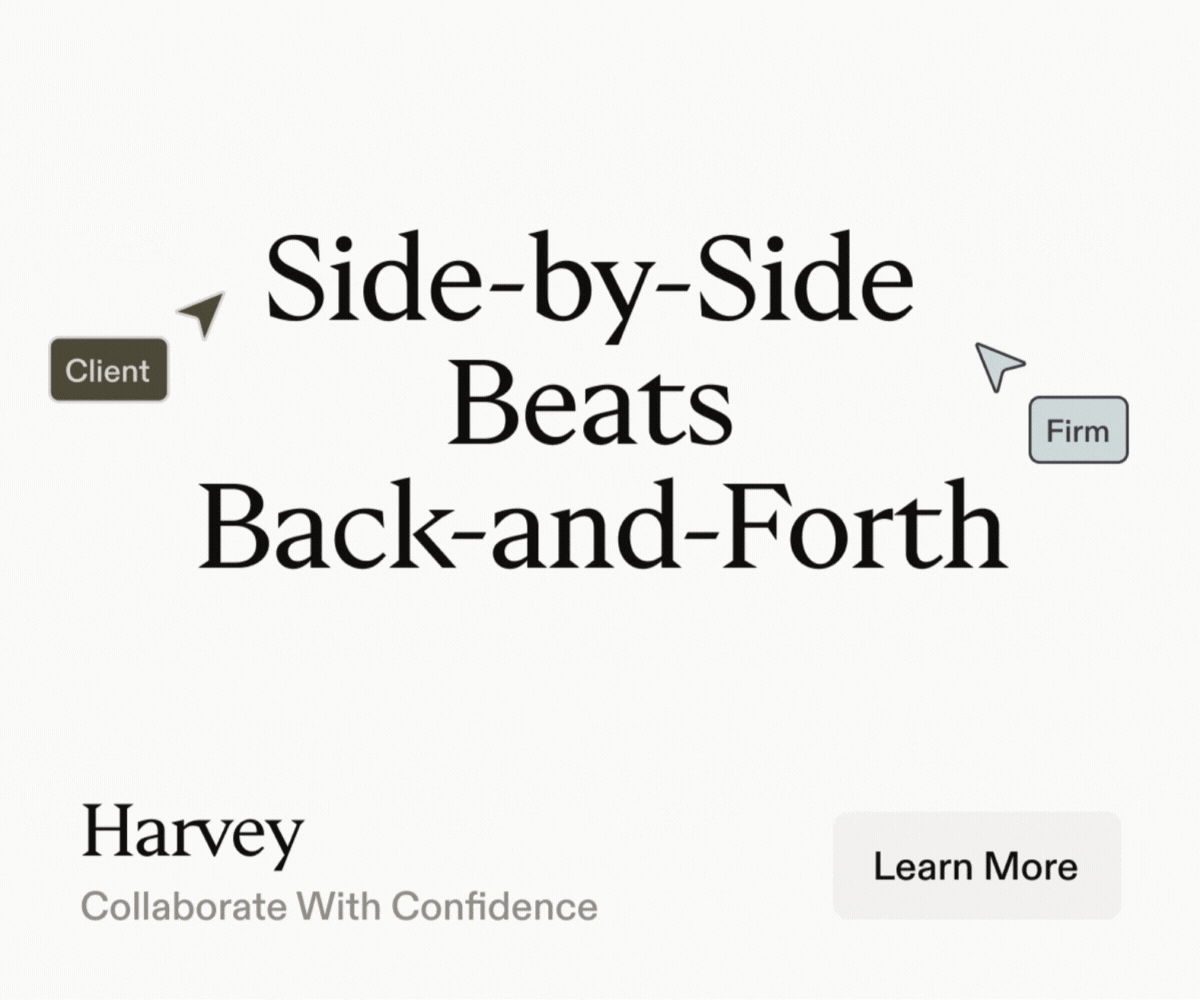Using LEAP’s AI tools to manage the challenges of legal practices in 2025
AI tools are beginning to reshape professional life across many industries, and the legal sector is no exception. The technology promises to reduce administration time, improve accuracy, and free up space for complex legal work. For firms under pressure from rising caseloads and client expectations, this represents both an opportunity and a challenge.
One firm already navigating this transition is Lucas & Wyllys, a long-established practice on the east coast of England. Having previously modernised their case management through cloud-based systems, they recognised that this was simply no longer enough. To truly ease workloads and deliver a better client experience, they turned to AI-powered legal tech tools such as the ones offered by their practice management provider, LEAP, that go beyond administration and into content generation, research, and time recording.
Shaping efficiency through automation
According to managing partner and conveyancing solicitor Amy Church, the biggest benefit has been time saved. “What used to take significant time to analyse matters, carry out legal research, draft and refine documentation can now be completed in minutes,”.
Regarding document drafting, she explains. “Using AI-generated drafts allow us to focus on refining details instead of starting from scratch. We frequently prepare property reports for clients. Previously, this work involved manually extracting and rephrasing information. Now, AI systems can gather the relevant details and generate clear explanations, enabling lawyers to produce concise, client-friendly reports in a fraction of the time.”
Improving communication and accuracy
Accuracy has been another gain. AI prompts and assistants highlight additional points lawyers might not have considered, reducing the risk of oversight. These systems do not replace professional judgement, but they act as a useful safety net by flagging potential gaps in documents or reasoning.
AI tools have also helped to improve clarity for clients. By presenting information in a structured format, the firm has found that clients can grasp complex issues more quickly. “Clients understand legal matters more easily because our explanations are structured,” says Amy.
A profession preparing for change
The adoption of AI at Lucas & Wyllys has been met with enthusiasm across the team, who see it as a way to work more efficiently and concentrate on the most meaningful aspects of their roles. Amy is clear that firms cannot afford to ignore the shift. “If you don’t adopt AI, you risk being left behind,” she warns.
Her advice to other firms is simple: experiment and get comfortable with the technology now. “Once you use it a couple of times, it becomes second nature,” she says.
What this means for the wider profession
AI is no longer a distant prospect for law, but a tool already being regularly used by forward-looking firms. The lesson from Lucas & Wyllys is that adopting these systems can save time, improve communication, and support accuracy without undermining professional expertise.
Gareth Walker, CEO of LEAP says, “As the technology develops, firms will need to balance innovation with tradition. Increasingly, providers such as LEAP are helping bridge that gap by making AI tools accessible to practices of all sizes. What is clear is that those who embrace these innovations are better placed to manage the pressures of modern practice, while those who resist may struggle to meet the expectations of a rapidly changing market.”

(Image of Amy Church, managing partner and conveyancing solicitor, Lucas & Wyllys)


